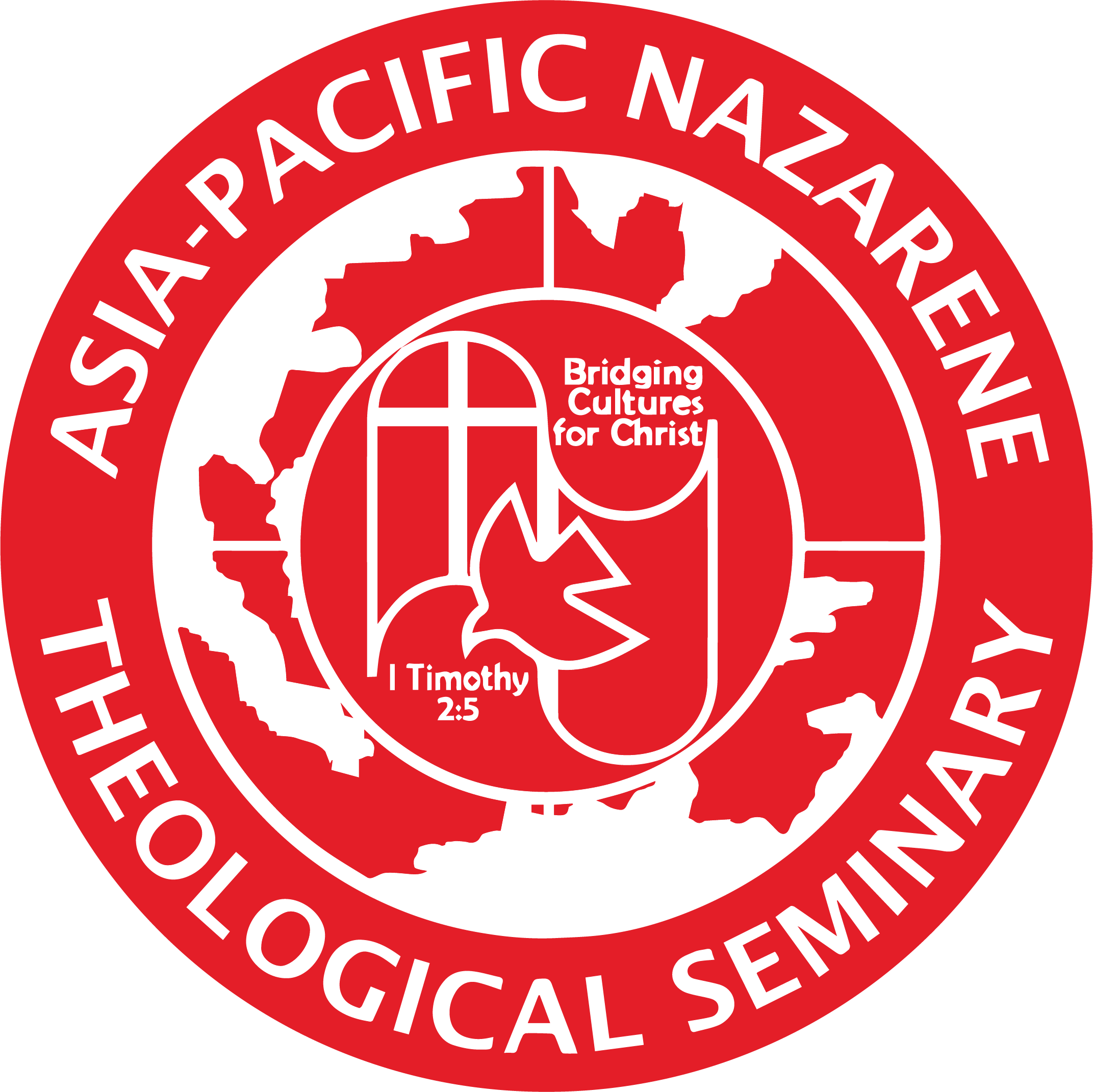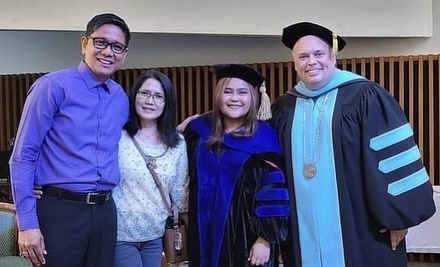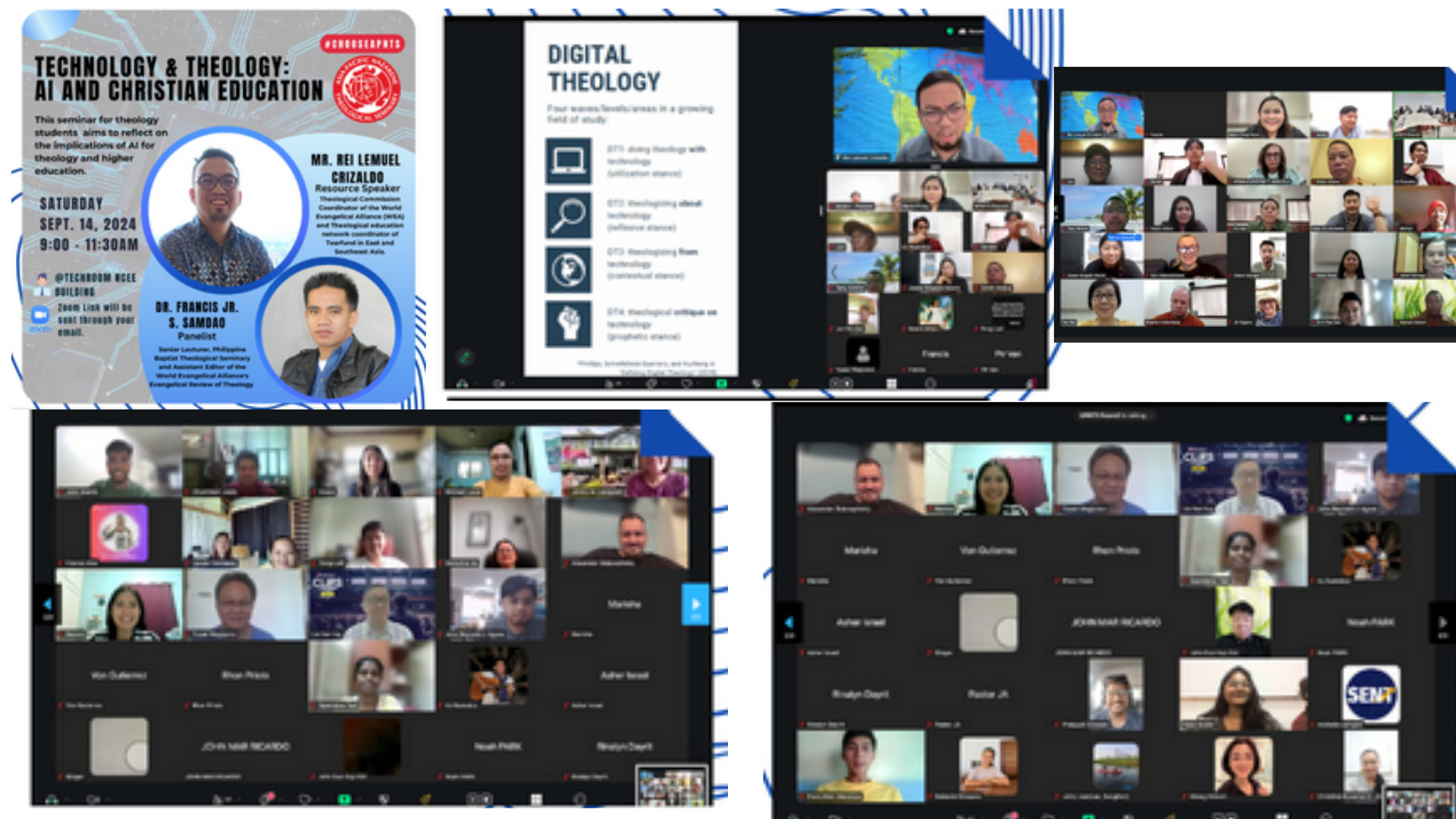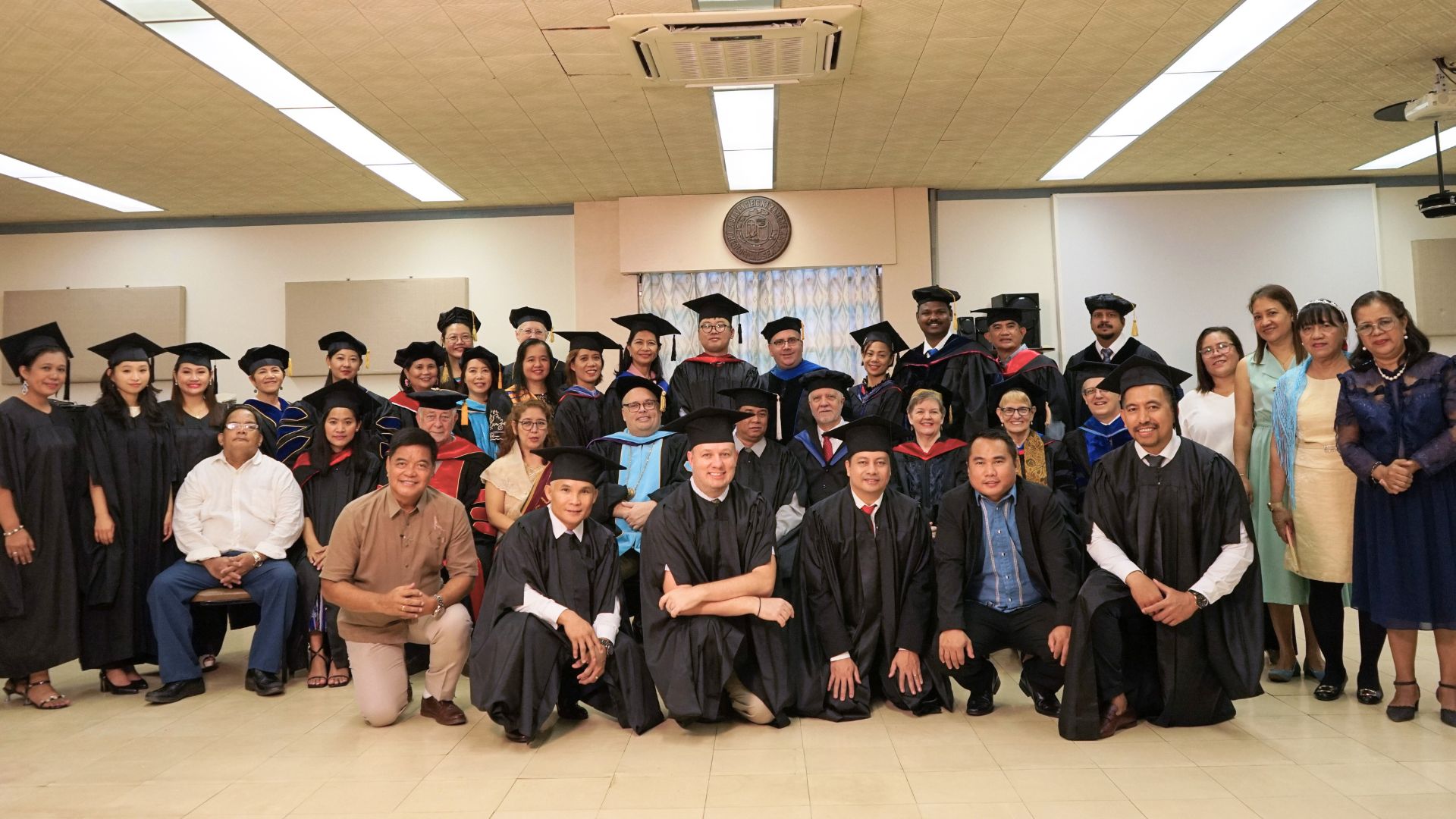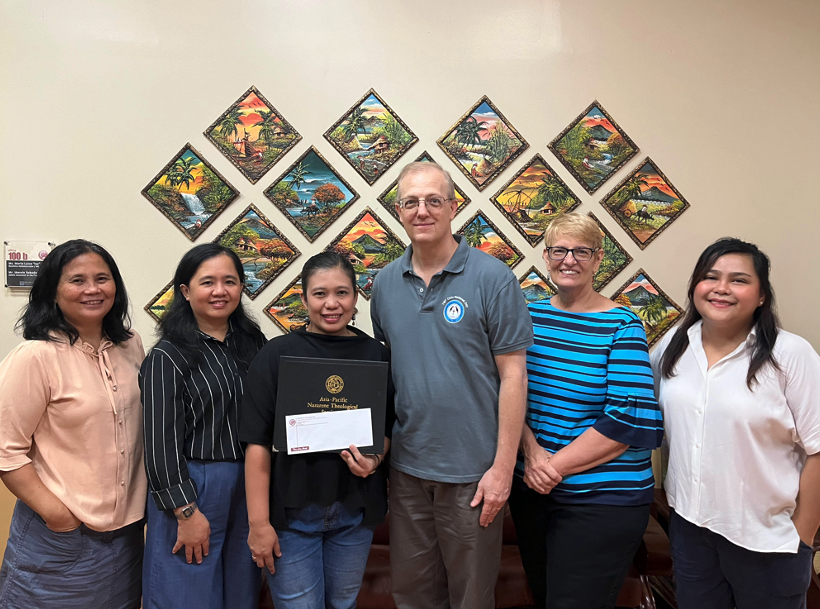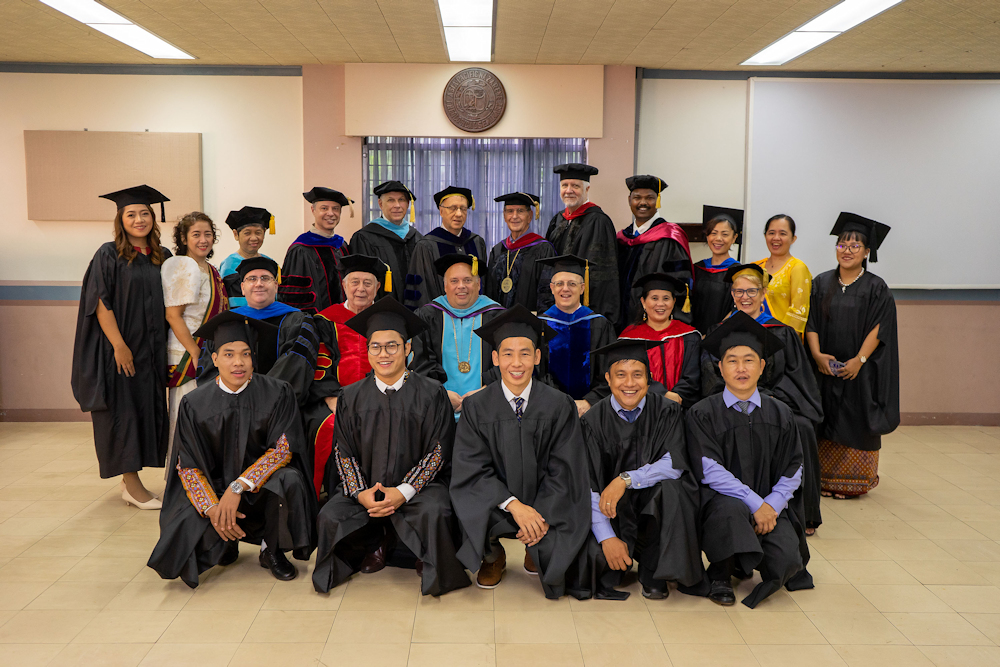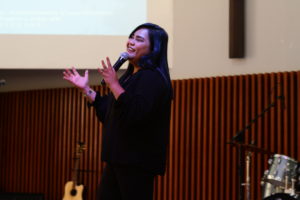
On March 7, 2019, Joy Pring, Director of the Research Department, together with the members of the Research Committee presented the recipients of the research grants for Academic Year 2018-2019 – PhD in HCD Candidates Roseline Olumbe and Nehemiah Bathula and MACC Students Sarah Palosa and April Fallaria.
By giving support through the research grants, the Department hopes to encourage students to do research that would go beyond meeting classroom requirements and to produce studies that would be beneficial and useful for their communities. According to Ms. Pring, “APNTS is not just an equipping institution; APNTS is also a knowledge-producing institution. And the way we do that is when we come up with creative and innovative studies.”
The four students who received grants take on different but relevant issues in today’s society. Olumbe’s study is about the effects of children’s political awareness, affiliation and participation on inter-personal relationships in Kenya. While Nehemiah Bathula focuses on the empowerment of females rescued from child sex trafficking in Rajamahendravaram, India.
MACC student Sarah Palosa aims to use photos in presenting the image of exploitation through the journey of young people in Sampaloc IV, Dasmariñas, Cavite. On the other hand, April Fallaria takes on the area of digital religion as she looks into the millennials’ use of religious mobile apps in facilitating religious practices.
In the coming year the Research Department will continue to drive its efforts to support studies that have social relevance to help APNTS do its role as a higher education institution in dealing with the issues that the society face today. This is also to help further enhance dialogues between APNTS, as a religious institution, and the society in tackling issues from the Biblical or theological perspectives and the other disciplines that the seminary has.
Aside from studies that are socially relevant, the Research Department also encourages students and faculty to that help APNTS meet its goals as a seminary both administratively and academically and studies that highlight interdisciplinary approaches, those that are in collaboration with institutions or groups outside APNTS, religious or non-religious.
